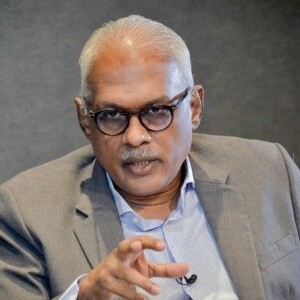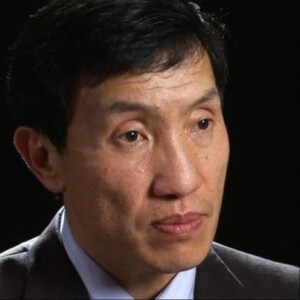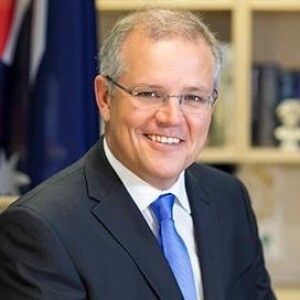Episodes

Tuesday Mar 21, 2023
Tuesday Mar 21, 2023
Myanmar’s army coup in February 2021 has unleashed destructive forces the junta can’t control – a civil war, thousands of civilians killed, more than 1 million internal refugees. ASEAN governments are deeply divided and apparently unable to influence the regime. Charles Santiago, of ASEAN Parliamentarians for Human Rights, says the army has “gone berserk” against civilians in disputed areas, sanctioned by junta leaders. He argues ASEAN’s best chance now of salvaging Myanmar is persuading China to take the lead as peacemaker.
Charles Santiago is chairman and co-founder of ASEAN Parliamentarians for Human Rights and a member of the international parliamentary inquiry into global responses to the Myanmar crisis commissioned by APHR. He was a Democratic Action Party MP in the Malaysian parliament for 15 years until late 2022.

Tuesday Mar 07, 2023
Tuesday Mar 07, 2023
Japan has transitioned in a decade from strategic passivity to the “most important net exporter of security” in the Indo-Pacific, says Michael Green. This has profound implications for how the rest of the region deals with aggressively rising China and how the US handles alliance relations. Tokyo recognised and responded to China’s strategic threat earlier and more effectively than Washington, says Green, and this underscores why the US should take its China policy cues from Japan and other regional allies.
Dr Michael J Green is CEO of the United States Study Centre at Sydney University. He is an authority on modern Japanese geostrategy and politics. He was a presidential national security advisor in the George W Bush administration. His most recent book is Line of Advantage: Japan’s Grand Strategy in the Era of Abe Shinzo (2022)

Tuesday Feb 28, 2023
Tuesday Feb 28, 2023
Until Xi Jingping, no Chinese leader since Mao had subordinated economic development to Communist Party political domination, says Yasheng Huang. This has been developing since the early in Xi’s leadership and manifests in mounting hostility to the private sector and tightening CCP controls over every significant part of the economy. China is already paying a price in dramatically slowing domestic growth and, Yasheng argues, gradual deterioration of political and social stability will follow.
Yasheng Huang is Professor of Global Economic and Management at MIT Sloan School of Management. He is a leading authority on China’s political economy. Most recently he authored The Rise and Fall of the East: How Exams, Autocracy, Stability and Technology Brought China Success and Why They Might Lead to its Decline (2023)

Friday Feb 03, 2023
Friday Feb 03, 2023
Scott Morrison was prime minister when Australia fell into serious trade and political disputes with China, signed the AUKUS security pact which will deliver his country nuclear-powered submarines and revived the Quad security partnership with the US, Japan and India. These developments have serious, ongoing ramifications for the Indo-Pacific region. Morrison explains his thinking and the strategic challenges and objectives that led his government to the historic and regionally controversial AUKUS deal.
Scott Morrison was 30th Prime Minister of Australia, from 2018 until 2022, when his Liberal Party lost office at the national election. Morrison had previously served as Treasurer, Minister for Social Security and Minister for Immigration and Border Protection.





